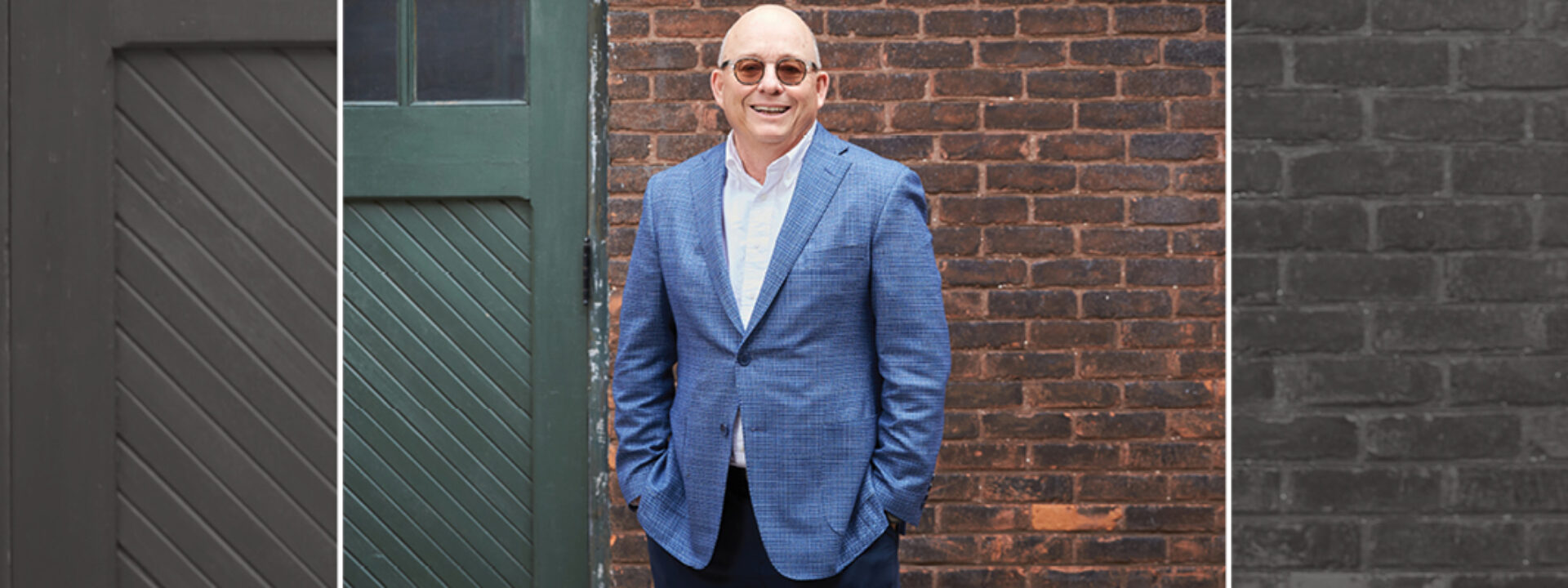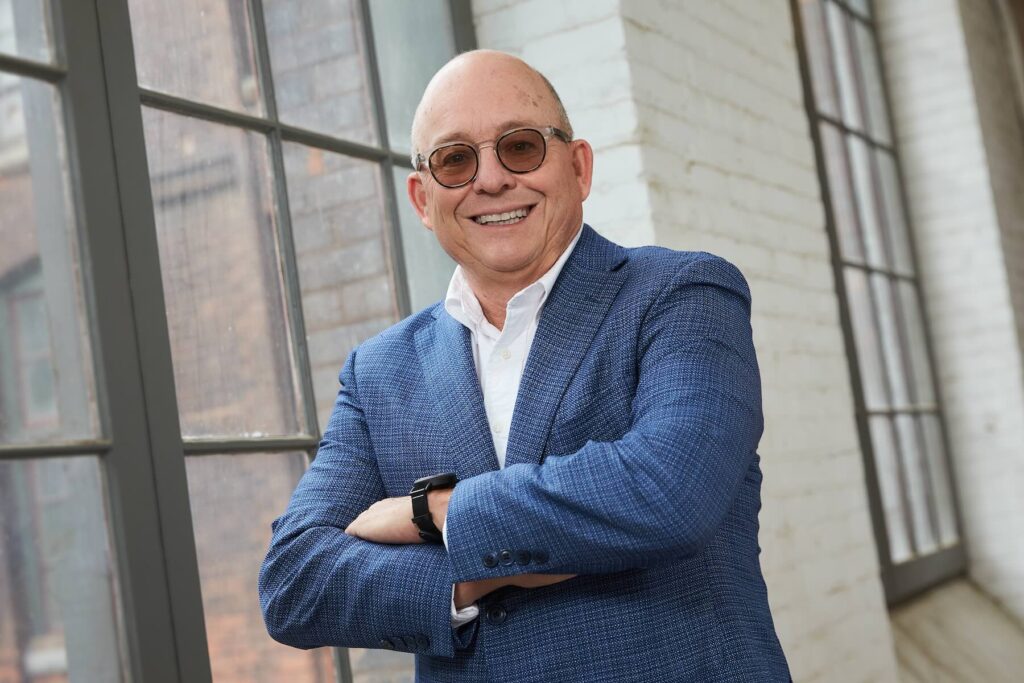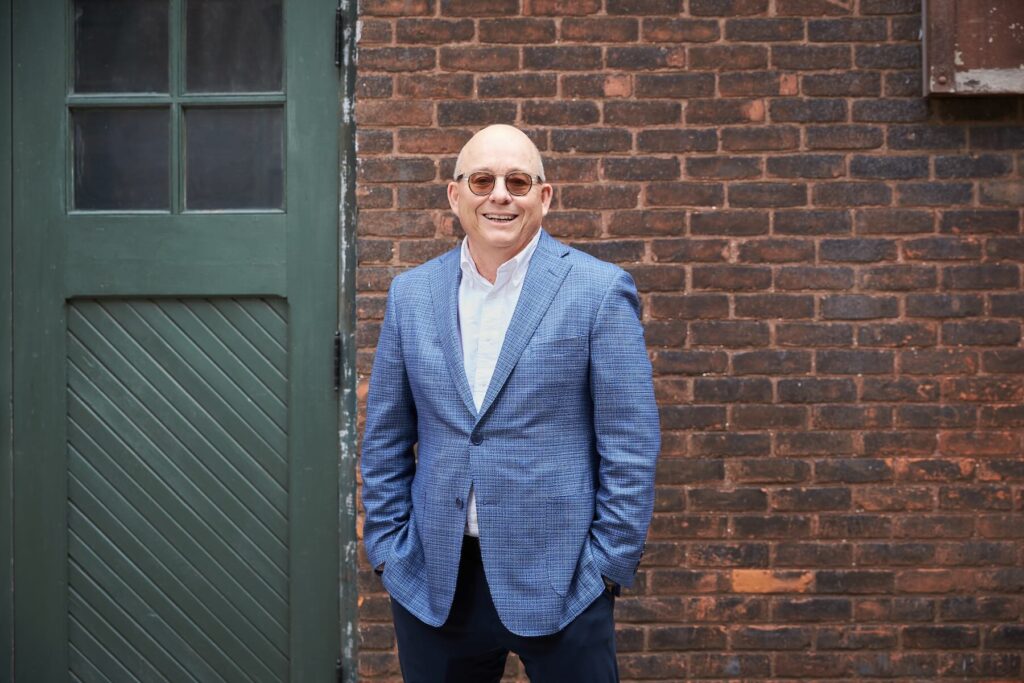CITY VIEW: Finding new purpose

After a 41-year career and 15 years at the helm of the Hamilton Community Foundation, Terry Cooke is retiring.
Public service runs deep throughout Terry Cooke’s life. His father was a superintendent of education in the public school board, his grandfather ran the HSR for years and has his name on the downtown bus terminal, and his grandmother was chair of the public school board. Terry Cooke was a city councillor for nine years and chairman and CEO of the Regional Municipality of Hamilton-Wentworth from 1994 to 2000. He ran in six elections by the time he was 40. And now Cooke is married to Ward 1 city councillor Maureen Wilson. After a 41-year working life, Cooke is officially retiring from his job as CEO of the Hamilton Community Foundation, a post he held for 15 years. Hamilton runs deep in his veins. He lives in the same west Hamilton neighbourhood he grew up in and he’s a proud McMaster graduate.
What prompted your decision to retire?
Well, I'm 65 in August. And we had been doing succession planning with my senior team for about five years. So this was part of a long-term transition plan, but it got crystallized when I had a sextuple bypass a year and a half ago, which I think makes you think about your own longevity and what you want to do with the time you have left. And I've been working since I was 18. So, you know, after 42 or 43 years of getting up every day to do things, and you know, for the last 30 years, it has mostly been in leadership, where you're constantly expected to perform. I just look forward to more freedom to travel and do the things that I love.
How do you reflect on your career?
I also feel like my career has been an uninterrupted series of good luck, you know. I've mostly loved everything I've had the chance to do, truly, and the last part has been the best part for me. It’s given me everything I loved about political life with way fewer headaches.
What have you loved about your time at the HCF?
I love public policy. I love figuring out how you improve the lives of neighbourhoods and communities. I actually love the finance part of how you leverage more capital into doing important things like renewable energy and affordable housing, which is a lot of what we've done (at the HCF). And I've always loved working in a team environment, right? I'm an old basketball player, and the beauty of the community foundation is it's been small enough that you can get your arms around it. So all of my people are people that I know personally. I know what their kids do. I know what their passions are. And for a relatively small staff team, we also run a big and sophisticated business which is intellectually compelling. We've completely reinvented the business in 15 years, which, again, has meant it stayed fresh for me. I've never had a boring day. And the other thing I routinely say is, in 15 years, I haven't had 15 bad days. And when I was running a government or a private business, I had more than a few bad days. So this is way more satisfying and less stressful.
Can you describe the Hamilton Community Foundation for people who might not know what it does?
We are a trust fund established first in 1954 with a single gift of $200 from a widow in North End Hamilton that is now approaching $300 million in assets. We have a broad mandate so we can support any charitable activity across the spectrum from the environment to healthcare and education, but we've mostly focused on poverty, and particularly on education. How do you improve educational outcomes for low-income, racialized, and Indigenous kids? And we're about 10 years into that work with strong partnerships with the school boards and the post-secondary institutions, and so that's the granting community leadership side of the business. The financial side is we're also a very large investor, and arguably, I think, the largest investor in affordable and supportive housing other than government. So we've done projects all over the country, but we, you know, wherever possible, focus on what we can do locally. So, you know, we've held mortgages and helped to buy land and buildings and build new affordable housing with folks like Indwell, Hamilton East Kiwanis, Sacagawea and others. So all of that makes for a really interesting portfolio of things that we get to do.

How has the HCF reinvented itself?
Historically, the model of foundations is we grant 3.5 per cent or 4 per cent of our income on our assets. And what we set out to do shortly after I started, was to become a leader in impact investing in the country, which we've become. So instead of 4 per cent of our assets being deployed to support our mission, we're now about five or six times that. So somewhere between 20 and 25 per cent of our assets are directly invested in things like affordable housing and renewable energy. So we've multiplied the impact dramatically and leveraged that to get other capital into these areas of high need. And obviously, when you're talking about affordable housing, it's a huge crisis and priority across the country, but especially here, right? So the business looks nothing like it did 15 years ago when I started, which again, makes it really interesting. We have had unbelievably courageous boards who have said to us, we don't want to dabble in these things. We want to be a national and international leader. And frankly, this community foundation has always punched way above its weight, and has been recognized nationally and internationally for innovation. And I know that's going to continue.
What does impact investing look like in action?
We were just in Peterborough yesterday because we did a syndicated construction loan to help build the Canadian Canoe Museum (home to the world’s largest collection of canoes, kayaks and paddled watercraft), where the Hamilton Community Foundation put together six foundations from across the country to provide a construction loan so that they could build that beautiful new facility. It’s a great story and this is quite new for community foundations to work together and to work outside their own communities. We can collectively use our aggregated assets to do good, especially on projects that are of national significance And the canoe museum is a cultural institution that has national relevance, especially around reconciliation from coast to coast to coast.
What are you most proud of in the work of the HCF?
Simply our relevance to important issues in leadership in Hamilton. I think of the Hamilton Anchor Institution Leadership that were previously all working on their individual responsibilities, but doing less together. I think increasingly on issues like addiction, mental health, homelessness, it’s going to take the combined focus of all of the major institutions to make a difference. So, I think there are a whole bunch of things I'm proud of, but the reinvention of our business to leverage more impact on important issues in Hamilton would be probably at the top of the list.
Tell us about your successor as CEO, Rudi Wallace.
So we hired Rudi three and a half years ago from the Victoria Community Foundation. He moved his family here, bought a house and has one child, and another one on the way. He's led our grants and community initiatives team in a very dynamic way, especially with equity-deserving communities. We've been on this journey around diversity and inclusion because we truly believe everybody has to have a seat at our table. And that we have to have a seat at multiple community tables. And part of our succession plan is to put in place the next generation of leaders, and we have a very strong senior management team, and I'm thrilled that one of those senior managers is going to succeed me. He's the right choice to lead this foundation into our eighth decade in existence. I just finished spending a couple of hours with him and I know our fundamental values – respect, kindness, innovation, collaboration – they will continue. There's new energy in the organization, but there's also continuity and a respect for how we got where we are. I always say honour the past, because we stand on those shoulders, but point to the future, and that's what we're doing. Both of my long-term predecessors were at my retirement, Judith McCullough and Carolyn Milne, both of whom have been strong supporters and great sources of counsel for me, as I will be for Rudi. I mean, you pass the torch, but I will remain emotionally attached, and I'll be available to the extent they want me to or don't want me to provide any counsel or guidance.
What’s next for you?
It’s funny, one of the questions I've had since my retirement event was, am I gonna run mayor? And I said, “Are you out of your freaking mind?” Really? I retired from politics 25 years ago at age 40. So, that ain't happening. I’m going to travel, sit on a few boards, cheer for my kids and work on my golf game.
What's the most Hamilton thing about you?
Oh, having spent a summer working as a helper on the beer truck on Barton Street. So I was in every club and strip joint on Barton Street when I was 18 and 19 years of age, which was a perfect precursor to life in politics, because you learn how to deal with people from all walks of life.
Who inspires you?
My kids (Lane, Francis and Wilson), who are amazing. They are engaged citizens who think hard about the world and how we need to make it better. They're all scholarship kids, so they've all earned some combination of athletic and academic scholarships, which their parents appreciate. And also my grandparents because my parents were so young. They had my four of us by the time they were 22 and 23 and they were just trying to survive. And so much of our early time we lived with my grandparents, and because they were both very involved in the life of the community, and I was close to them.
How do you describe Hamilton to people from other parts of Canada or around the world?
It's the fastest changing, mid-sized city in the country. It is a place utterly devoid of pretense. It demands our very best, but it can also break your heart. And so I'm the eternal optimist, always positive about the potential of this place, and I'm also mindful that too often we've been let down by a political culture that doesn't see the big picture and is afraid to change. When I look back at the entire arc of my career, probably in addition to the community foundation, the thing I'm most proud of, because I was the champion of amalgamation, the new City of Hamilton would not have happened but for my blood, sweat and tears and I would fight that battle all over again. It was absolutely the right choice. There is no lots of hysteria and blowback and emotion, which always comes with change.

What's your greatest hope for this city?
That we get better at accepting and managing change. Like I think about LRT, which is the biggest opportunity of a generation. And we can't afford to miss generational opportunities. And inevitably, with any big change, there will be growing pains, and we just have to get over it, we absolutely do.
What is your favourite artistic or cultural experience in Hamilton?
I just think the Art Gallery of Hamilton is an extraordinary piece of this place that is often overlooked and underappreciated, and I love wandering it. That's where I had my retirement, not by accident, and that's where I was introduced into this job. So talk about coming full circle. Both, both bookends in my latest career were at the AGH.
What's your favourite meal in the city?
My cardiologist will flinch at this, but I'm a huge pizza guy. I could eat pizza three times a week, although I'm not allowed to anymore. I've been getting Chicago Style Pizza from Pat on Upper Sherman for years. I go all the way back to Wellington Street. I go as often as I can. That having been said, Maipai is great. Cowabunga is great. Shorty’s is great. Tony G's on John Street is the last place I ordered from. It was great. We have no shortage of great pizza. I've sampled all of them. I don't always declare that to my bride or my cardiologist.
Hamilton needs more of…?
We need more transplants and my successor is a great example. So many people who are making important changes in this town are people that have chosen to come here and don't come with all of the preconceived reasons that we can't take on change that long-timers tend to have. So we need more new blood from other places, especially from other interesting urban places who know what's possible in a great city.
Hamilton needs less of…?
The whiners and complainers, the people who can never imagine a different or a better future. We're better than the critics.
What are the pros and cons of retirement for Terry Cooke?
So the pros are time, because time has always been at a premium for me throughout my adult life, and I think of all the books that I haven't read that are in my library. I think of all the places that I would love to travel, that I haven't yet gotten to, because I love exploring new places, and I just love time to spend with my kids. On the con side, purpose has always been critical to everything I've done. The need to find a relevance between what I do every day and the well being of the community, and I'm going to have to find new ways to find purpose in the next stage of my life, because I'm not going to have a job. I don’t want to default to doing things to fill time. I want to do interesting things with interesting people.













